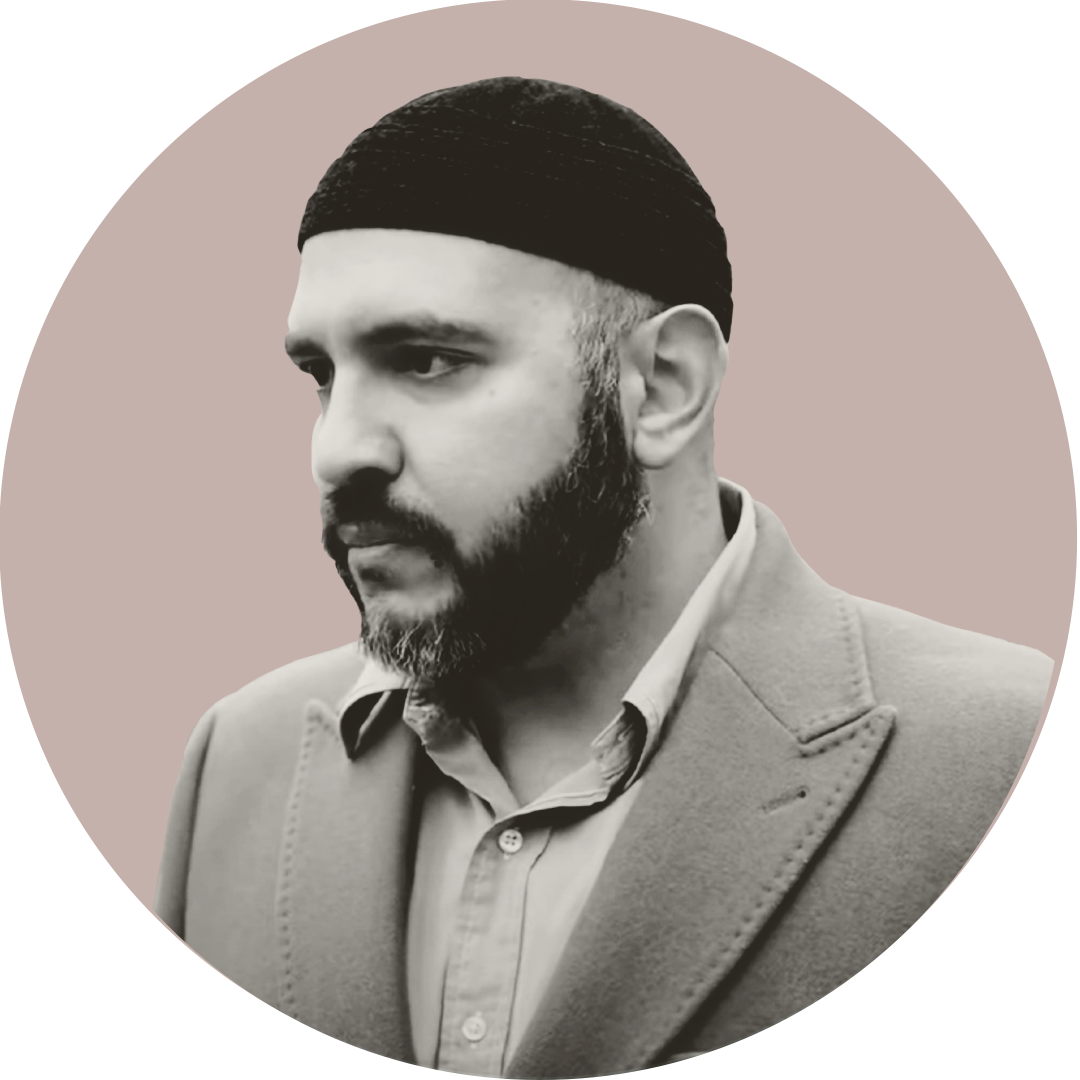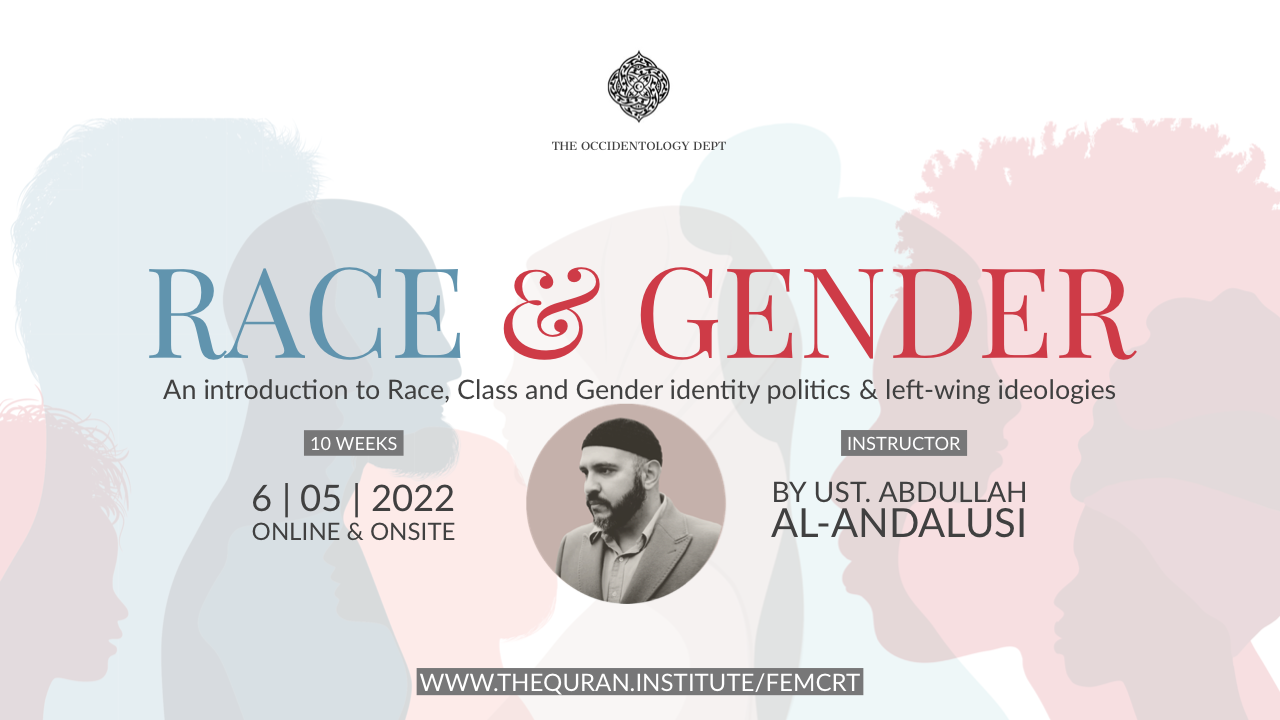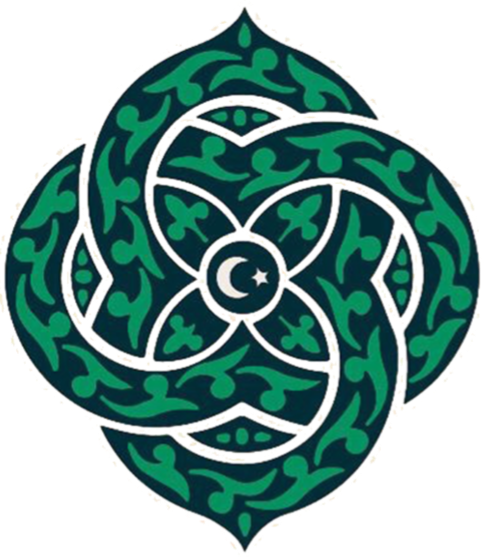An introduction to Race, Class and Gender identity politics & left-wing ideologies
Learn the major streams of political and ethical thought underpinning modern left-wing politics, from its origins in Continental Philosophy (Kant, Hegel and existentialism) and Marxist thought through to their evolution co-joined with with post-structuralist (postmodernist) critique, and their current application in relation to race, class and gender today.
Last Updated: 6/2021
This course includes:
30hrs taught classroom sessions delivered over 10 weeks
10 Tutorial sessions for additional support
10 Downloadable course materials
1 Coursebook
Course to begin on 29th July 2022- reserve your space now
What You Will Learn
The major streams of political and ethical thought underpinning modern left-wing politics, from its origins in Continental Philosophy (Kant, Hegel and existentialism) and Marxist thought
How to engage with the left-wing, or those of the youth who've been exposed to left-wing politics
How to critically examine theories of justice from an Islamic basis and discuss potential Islamic responses
A foundation in understanding the core creeds, justifications and value systems upon which the political philosophies of modern Western debates on equality, justice and identity politics are based.
The ability to deliver informed advocacy and the call to Islamic solutions within the Muslim world.

Instructor
Abdullah Al-Andalusi
Abdullah is a regular instructor at the Occidentology Department at The Quran Institute. He has 15 years of experience critically engaging secularism, liberalism, zionism, atheism, christianity and judaism across a variety of platforms. He teaches the reality behind Western philosophies, political systems, values and intellectual self-justifications.
Course Curriculum
This is what will be covered in this course
Description
Over this ten week course, attendees will learn the major streams of political and ethical thought underpinning modern left-wing politics, from its origins in Continental Philosophy (Kant, Hegel and existentialism) and Marxist thought through to their evolution co-joined with with post-structuralist (postmodernist) critique, and their current application in relation to race, class and gender today.
The course will give attendees a foundation in understanding the core creeds, justifications and value systems upon which the political philosophies of modern Western debates on equality, justice and identity politics are based.
The course will critically examine these from an Islamic basis and discuss potential Islamic responses. The course will be a must for all those who's work engages with the left-wing, or those of the youth who've been exposed to left-wing politics.

Online Requirements
-
Anyone with a basic understanding of websites
-
Should have a desktop computer, laptop, tablet or a mobile device
-
Should have access to internet via WiFi or Mobile data
-
Should allow access to the computer to download files
Click "Sign up now" to get:
Full Digital Access (released weekly)
10 additional online tutorial sessions
10 Downloadable course materials
Coursebook
Lifetime online access
